A First-Time Home Buyer’s Guide to Home Inspections in Calgary
Buying your first home in Calgary is an incredibly exciting milestone! It’s a huge step, filled with dreams of picket fences, cozy evenings, and building equity. Amidst the excitement of house hunting, mortgage applications, and picking out paint colours, there’s one absolutely critical step you cannot overlook: the home inspection.
For many first-time home buyers, the inspection process can seem daunting or mysterious. What exactly is it? Why do you need one? What should you expect? At NexLevel Home Inspections, we believe in empowering our clients with knowledge. Consider this your essential guide to understanding home inspections, ensuring your first home purchase is a sound one.
1. What is a Home Inspection, Really?
Think of a home inspection as a comprehensive physical exam for the house you’re planning to buy. It’s a non-invasive, visual examination of the physical structure and major systems of a house, from the roof to the foundation.
A certified professional inspector will identify:
- Significant defects and safety hazards.
- Minor problems that might need attention.
- Potential issues that could become costly in the future.
- Maintenance tips and general condition of the home.
The goal isn’t to “pass or fail” the house, but to provide you with an objective, expert assessment of its condition, so you can make an informed decision.
2. Why It’s Crucial for First-Time Home Buyers
As a first-time buyer, you might not have the experience to spot potential issues. The excitement of a new home can also make it hard to see flaws objectively.
- Your Biggest Investment: A home is likely the largest purchase you’ll ever make. An inspection protects this massive investment.
- Uncover Hidden Problems: Many problems (leaky pipes behind walls, faulty wiring, structural issues) are hidden from plain sight. An inspector uses specialized tools and expertise to uncover them.
- Negotiating Power: If the inspection reveals significant issues, you’ll have leverage to negotiate repairs with the seller, ask for a price reduction, or even walk away from a bad deal.
- Peace of Mind: Knowing the true condition of your future home allows you to close with confidence, or prepare for necessary maintenance.
- Safety First: Inspectors identify potential safety hazards like faulty wiring, unsafe stairs, or carbon monoxide concerns.
3. What Does a Home Inspection Include? (The Checklist)
A professional home inspector follows a strict Standards of Practice. While not exhaustive, here are the main systems and components typically examined:
- Exterior: Foundation, grading, roof (shingles, flashing), chimneys, gutters, siding, windows, doors, driveways, decks.
- Interior: Walls, ceilings, floors, windows, doors, stairs, railings, major appliances (if built-in).
- Structural Components: Visible foundation, framing, and attic structure.
- Roof System: Covering, flashings, skylights, chimneys, and roof penetrations.
- Electrical System: Service entrance, main panel, branch circuits, outlets, switches.
- Plumbing System: Water supply and distribution, drains, waste and vent systems, water heater, visible piping.
- Heating and Cooling (HVAC): Furnaces, air conditioners, ductwork, vents.
- Insulation & Ventilation: In the attic, walls, crawlspace, and visible exhaust systems.
- Attached Garage: Doors, openers, fire separation.
Important Note: A home inspection is non-invasive. We won’t rip open walls or dig up your yard. It’s a visual assessment, but with a highly trained eye and specialized tools.
4. What to Expect on Inspection Day (And Should You Attend?)
Absolutely attend! This is your chance to learn about your new home from a professional.
- Duration: Typically 2-4 hours, depending on the home’s size and age.
- Walk-Through: The inspector will walk through the home, identifying issues and often explaining them to you on the spot. Don’t be afraid to ask questions!
- Tools: They’ll use various tools like flashlights, moisture meters, and even thermal imaging cameras (like those used by NexLevel Home Inspections) to detect hidden issues.
- Report: Within 24-48 hours, you’ll receive a detailed, easy-to-understand report with descriptions of findings, photos, and recommendations.
This day is a valuable educational experience, arming you with knowledge for successful homeownership.
5. Next Steps After the Inspection Report
Once you have your report, review it carefully with your real estate agent.
- Major Issues: For significant issues (safety hazards, major repairs), you can:
- Negotiate Repairs: Ask the seller to fix them before closing.
- Ask for Credits: Request a reduction in the sale price or a credit at closing to cover repair costs.
- Walk Away: If the issues are too extensive or costly, your purchase agreement (if conditioned on inspection) allows you to withdraw your offer.
- Minor Issues: Smaller items are often your responsibility as the new homeowner. The report gives you a head start on your maintenance to-do list.
Trust NexLevel Home Inspections: Your Partner for Your First Home
As a first-time home buyer in Calgary, you need a home inspection partner you can trust. NexLevel Home Inspections provides thorough, reliable, and unbiased home inspections across Calgary, Cochrane, Airdrie, Chestermere, Okotoks, and surrounding areas. We empower you with the knowledge you need to make the best decision for your future.
Don’t leave your biggest investment to chance. Book your home inspection today!
- Book Online Now (24 Hrs): https://nexlevelinspections.com/booking-enquiry-home-inspection-service/
- Contact Us: https://nexlevelinspections.com/best-home-inspection-service-company-calgary/
- Call Us Direct: (403) 633-6616 or (587) 830-0840
- Email: nexlevelinspections@gmail.com
Let NexLevel Inspections help you step into your first home with confidence!


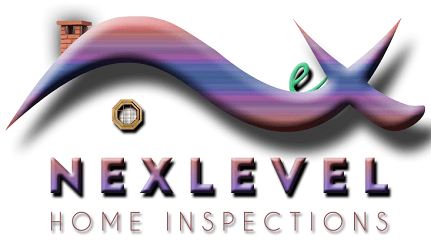
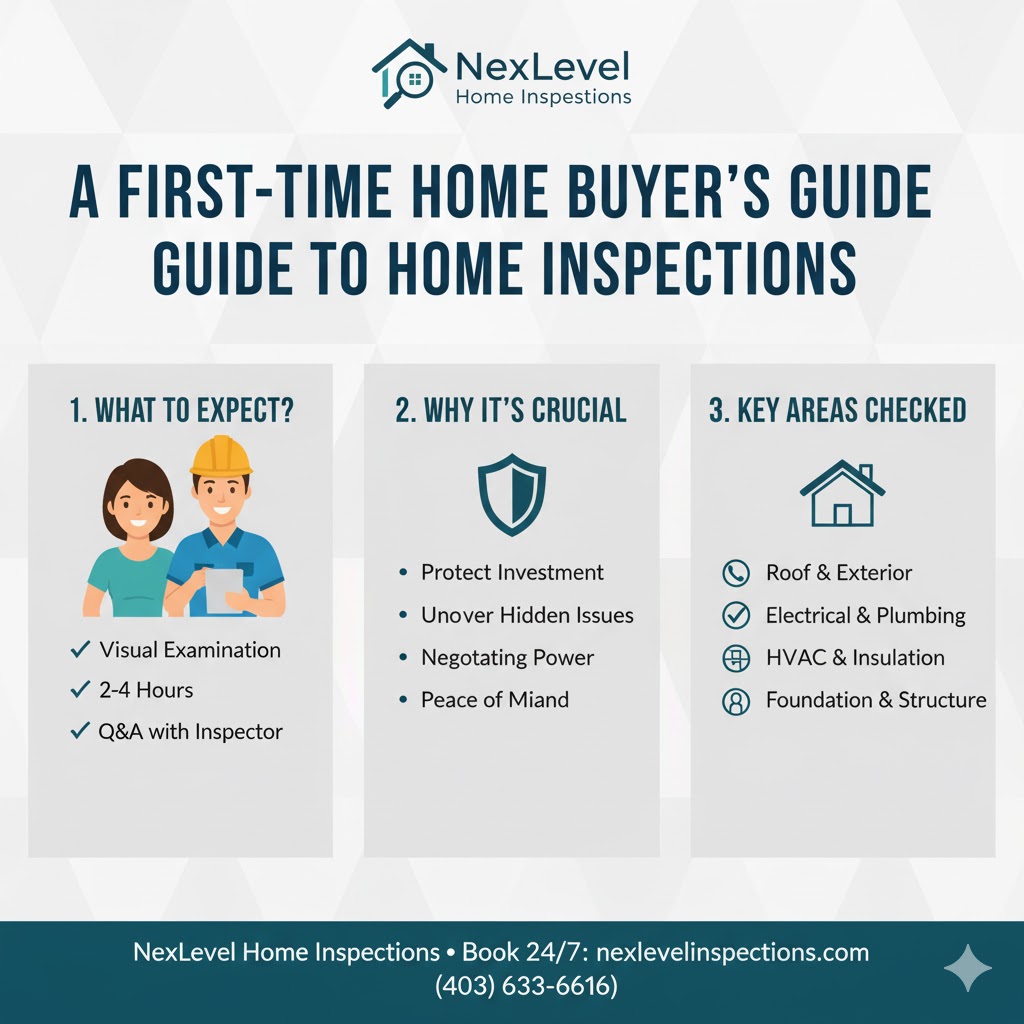

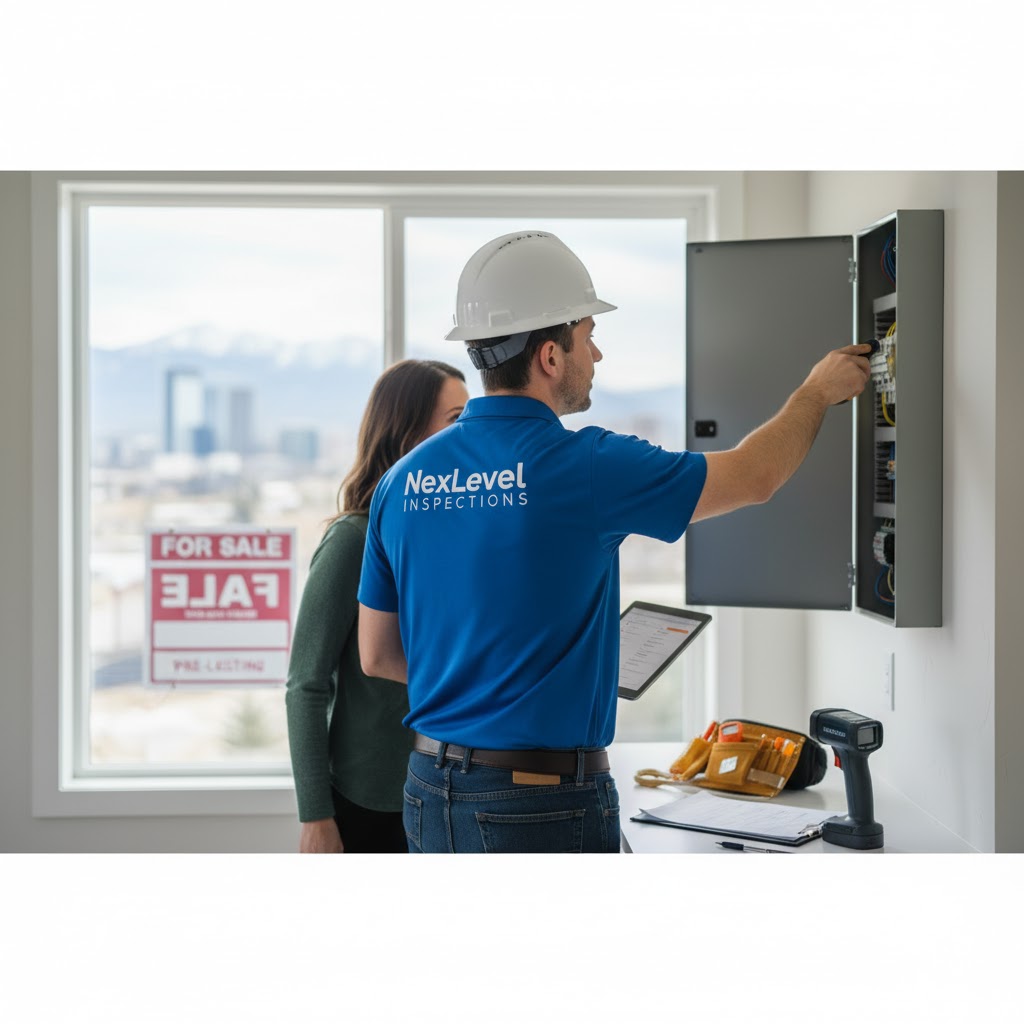
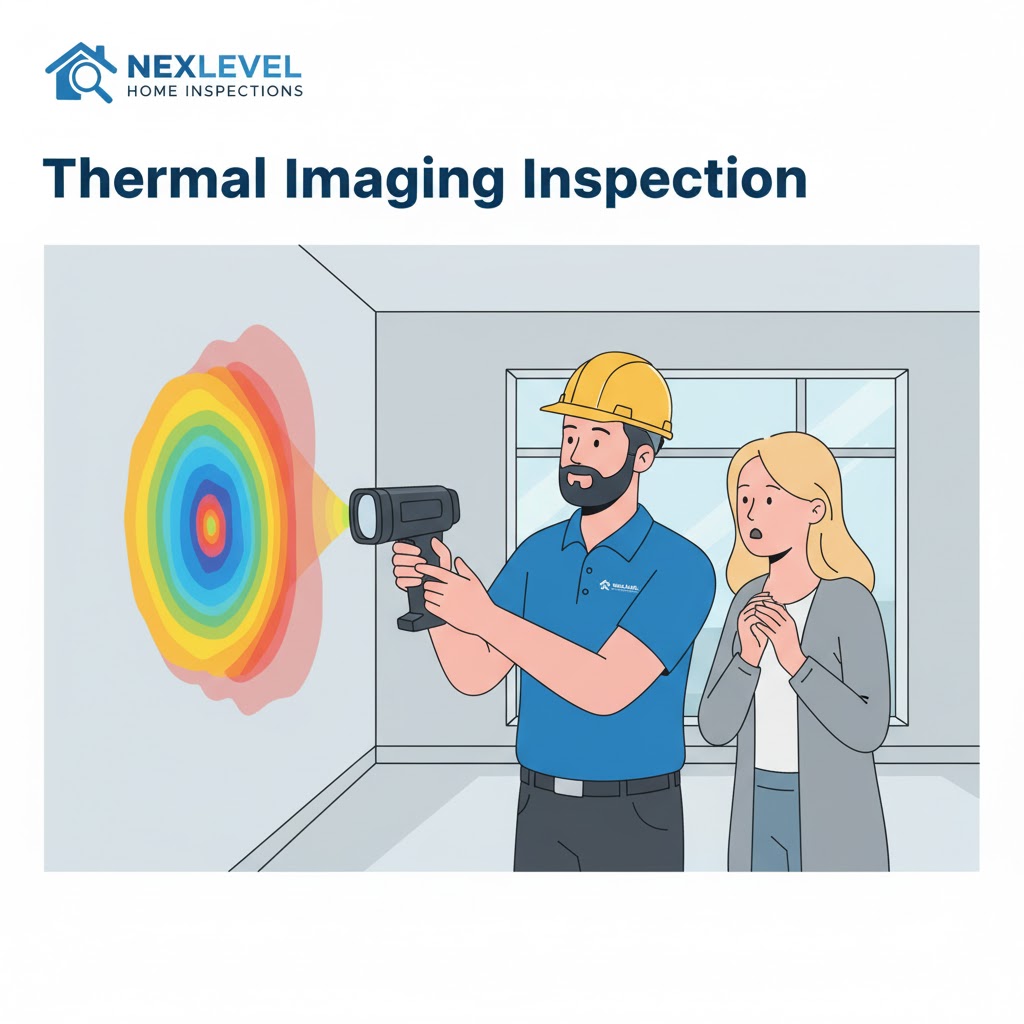
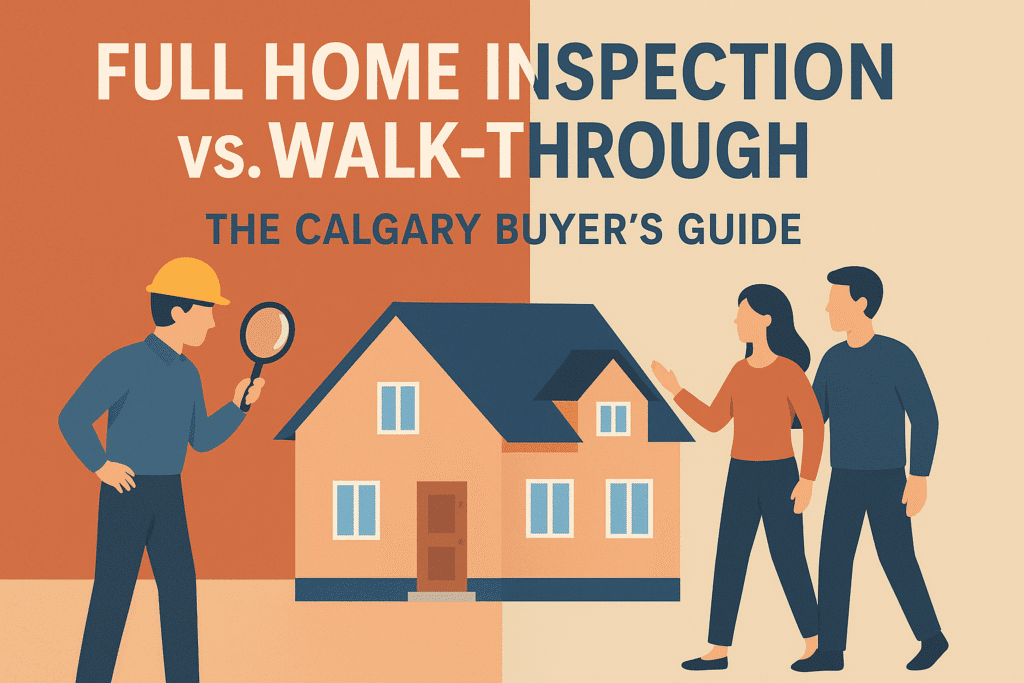
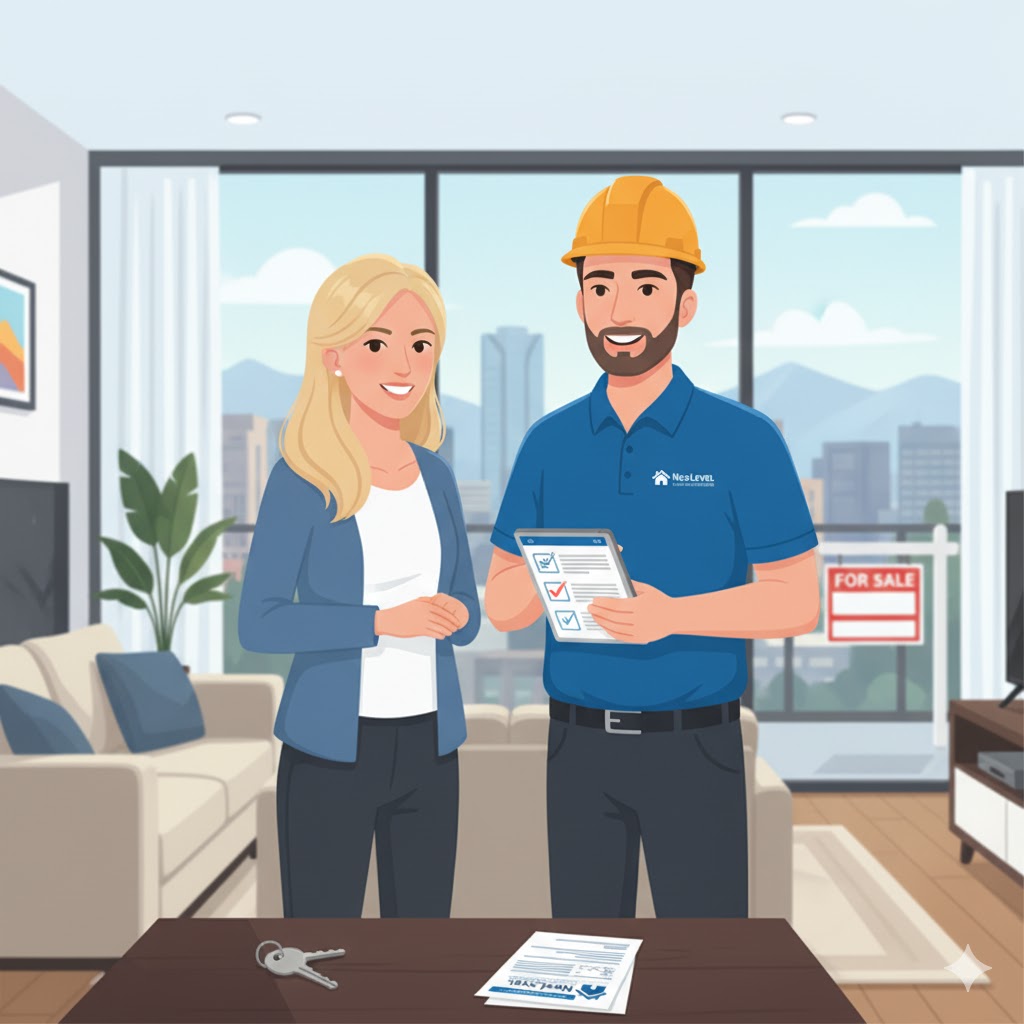
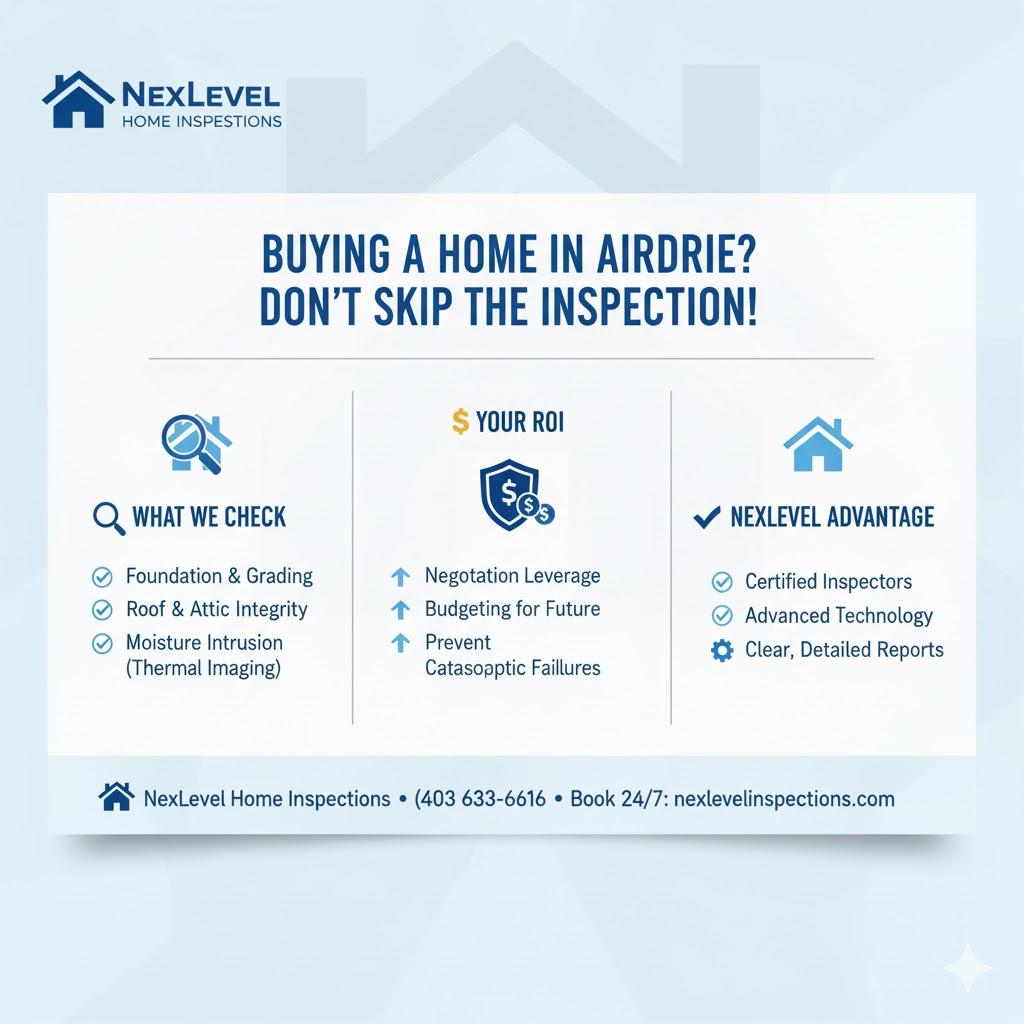



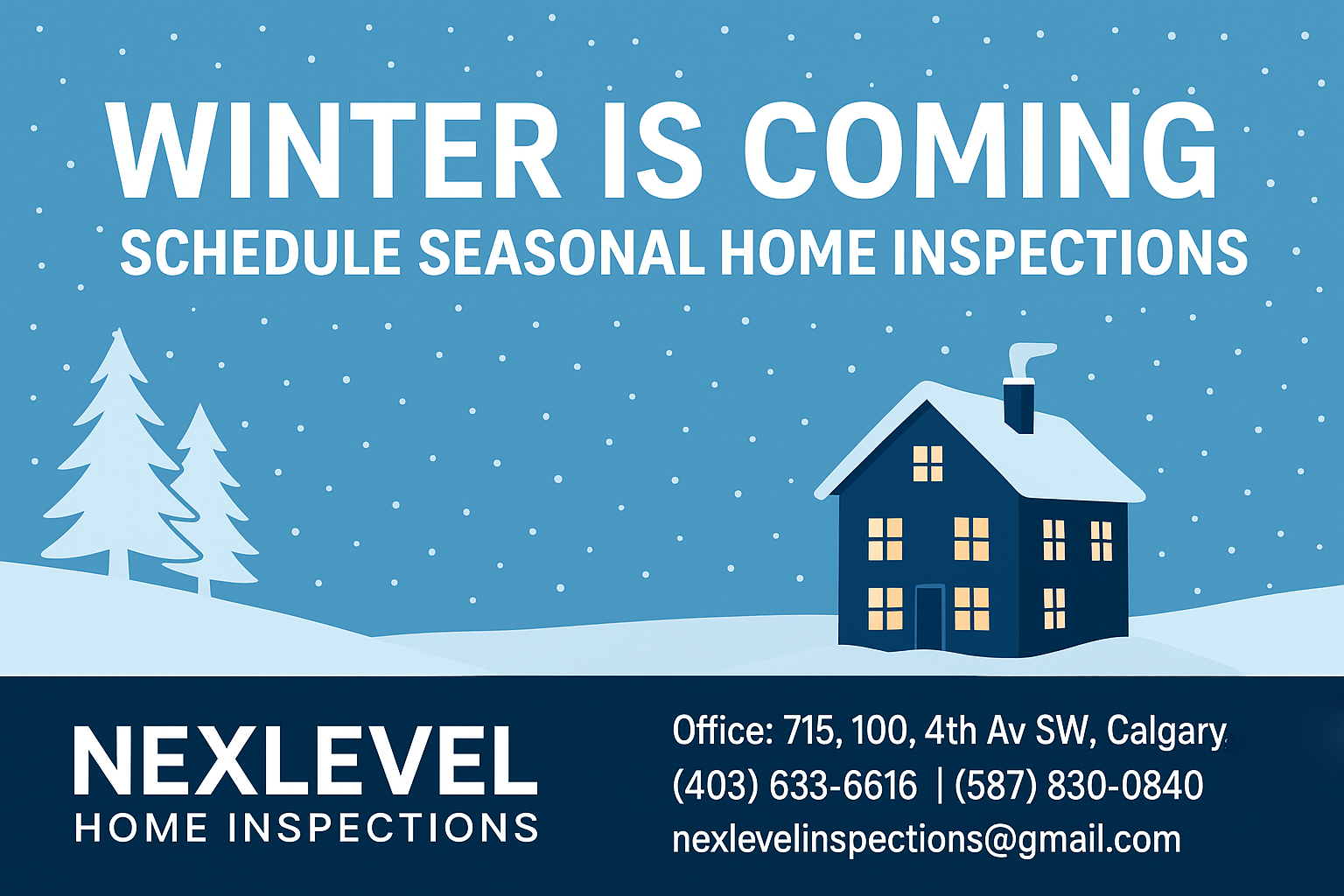
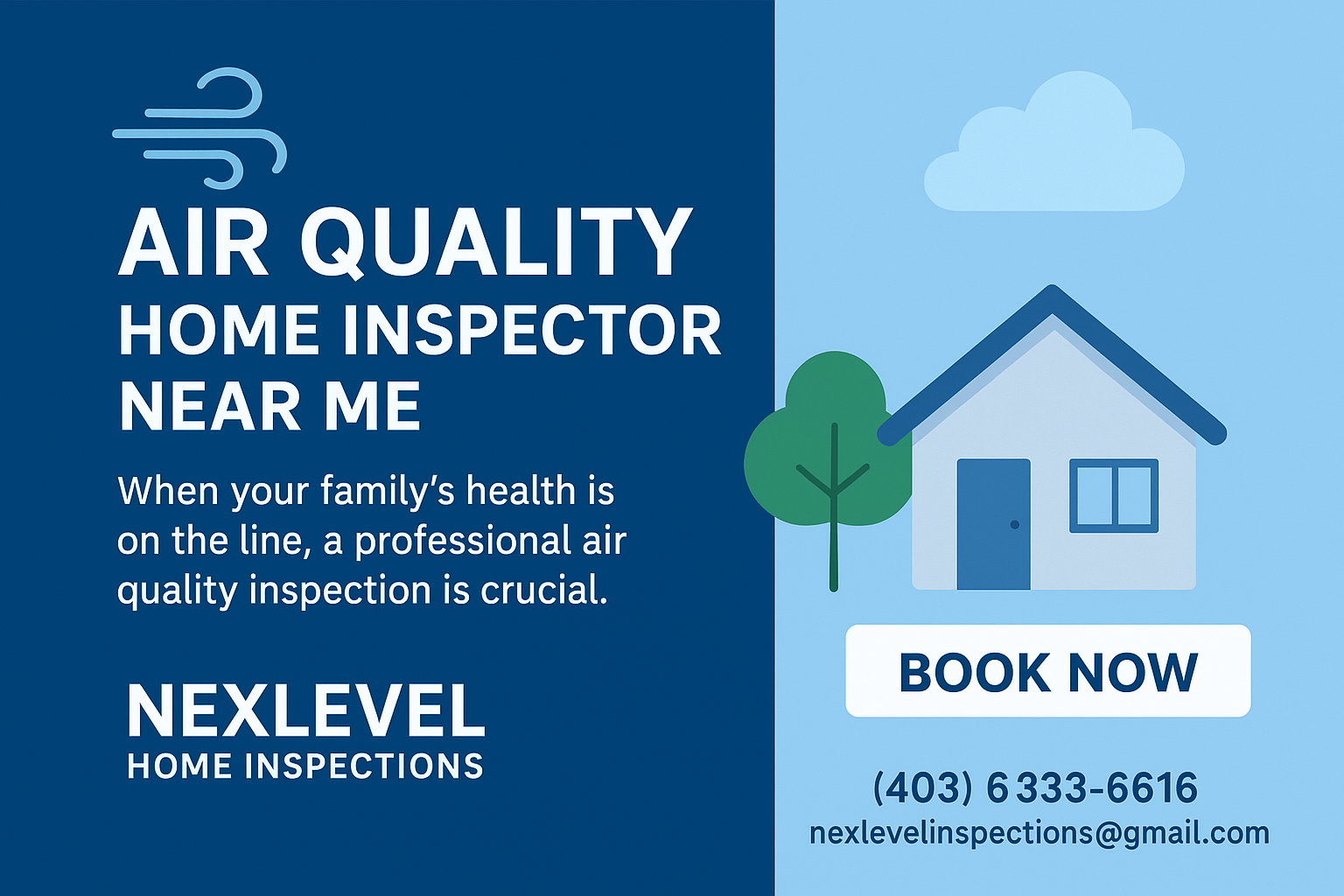
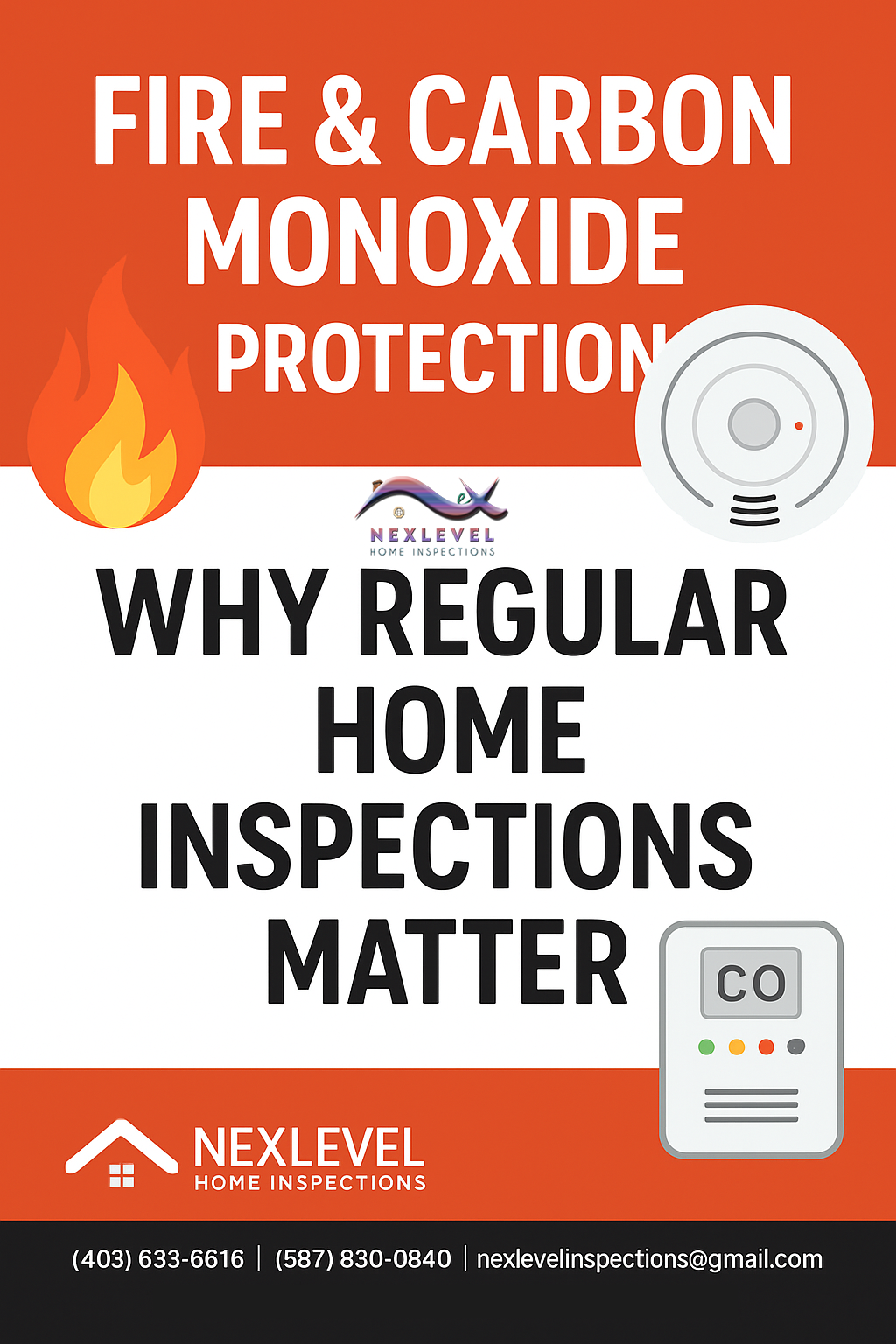
Leave a Reply